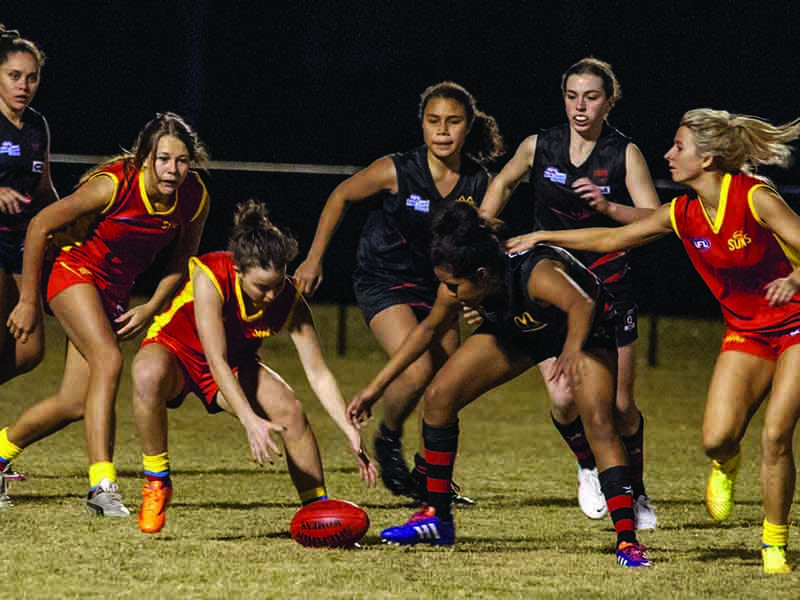A growing body of research suggests two doses may be cheaper and just as effective as a three-dose schedule
Australia may shift to a two-dose HPV vaccine schedule in 2018 instead of the current three-dose regimen, according to a leading Australian HPV expert.
Associate Professor Julia Brotherton, medical director of the National HPV Vaccination Program Register, said it was likely Australia would shift to the new schedule in the next few years, in line with international evidence.
“Since the World Health Organisation revised their guidelines in 2014 and said that two doses in those under 15 was acceptable, we now have over 60% of countries who are vaccinating choosing to use the two-dose schedule,” Professor Brotherton said.
A growing body of research suggests a two-dose schedule may be more cost-effective and just as effective as a three-dose schedule, with US authorities updating their guidelines earlier this month to reflect this.
Now, a new global study has found that giving two doses to young teens at least six months apart is at least as immunogenic as giving three doses in older teens and adult women.
The study of more than 1500 males and females aged nine to 26 years receiving the 9-valent HPV vaccine also found that spacing the two doses 12 months apart may be even more effective than every six months.
One of the major benefits of moving to a two-dose regimen would be reducing the cost of vaccination against HPV by one third, Professor Brotherton said.
There was also good data that after three doses people maintained their antibody levels 10 years afterwards, with no decline in vaccine efficacy, she said.
While there has yet to be the same length of follow up for the two-dose vaccines, “it is looking quite promising”, Professor Brotherton said.
“The way that the antibodies decay is the most in the first two years, and then it looks very stable. So it is looking like we probably will get lifelong protection out of this vaccine.”
Subunit vaccines, which did not contain live components of the virus, normally required multiple contact with the immune system before the body built a sustained response, she said.
But the immune system was reacting to the HPV vaccine almost as though it was the whole virus.
“So it’s very, very immunogenic, which may be why we seem to be able to use just a prime and a boost to get just as good antibody response,” she said. “It’s quite unusual actually, and I guess it wasn’t really anticipated.”
Professor Stephen Robson, president of the Royal Australian and New Zealand College of Obstetricians and Gynaecologists, said the data on a modified schedule so far was reassuring but he remained cautious.
“If it becomes clear in due course from our local screening that the health economic case is to move into a modified dose schedule then that will be fantastic, but I don’t think anybody’s going to thank us if we make gains only to go backwards later,” Professor Robson said.
“Ultimately the program’s not about preventing women getting cervical dysplasia, it’s about preventing cancer, and that occurs many, many years after infection of HPV,” he said.
But Professor Brotherton said she was reassured the two-dose regimen would protect just as effectively against cervical cancer. “We’re giving those vaccines to people under 15 who have fantastic immune systems, compared to older adults whose immune systems are getting dodgier every day. They are producing high quality, high avidity antibodies, in much higher levels than if you vaccinate even women in their 20s.”
“I can’t see any reason why we would worry they’re going to suddenly crash out of the blue, when that’s never happened with other vaccines, or with the other HPV vaccine,” she said.
But thanks to our national vaccination register, it would be easy to recall people for a booster shot if there were any suggestions the two-dose vaccine was insufficient, she added.
“The fact that we’re monitoring it closely, and we have a sentinel population being monitored, means we would have lots of warning in our setting – and a lot of other countries have implemented two doses before we have.”


